Travel has long held a unique place in the human experience. From ancient migrations and trade routes to modern-day vacations and digital nomadism, our desire to explore the world has driven cultural exchange, economic development, and personal growth. Today, in a hyper-connected world where borders are more accessible than ever before, travel remains not just a leisure activity but a deeply enriching pursuit that broadens our horizons and redefines our understanding of the world—and ourselves.
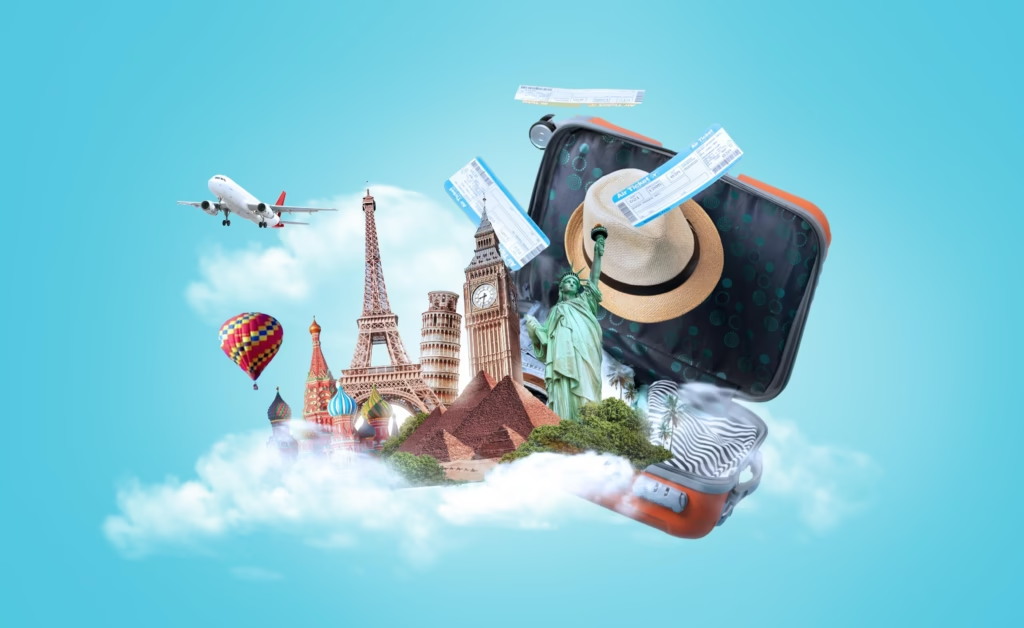
The Meaning and Importance of Travel
At its core, travel is more than just the movement from one place to another. It is a journey—both physical and emotional—that immerses us in unfamiliar environments, cultures, and ideas. Travel disrupts routine and offers a break from the monotony of daily life. Whether it’s a weekend getaway to a nearby city or a months-long trek across continents, the experience of being elsewhere introduces a new perspective that stays with us long after we return home.
For many, travel is a way to learn. Museums, landmarks, food, language, and customs become the pages of a living textbook. A visit to Rome might bring ancient history to life in a way no classroom ever could. A trip to India might challenge assumptions about spirituality, family, and tradition. Travel offers a sensory, hands-on education unmatched by books or videos.
Beyond education, travel fosters empathy. Interacting with people from different backgrounds humanizes issues that can otherwise feel distant or abstract. Seeing firsthand how others live—sometimes with much less than we have—can inspire gratitude, compassion, and a renewed commitment to equity and justice.
The Psychological and Emotional Benefits
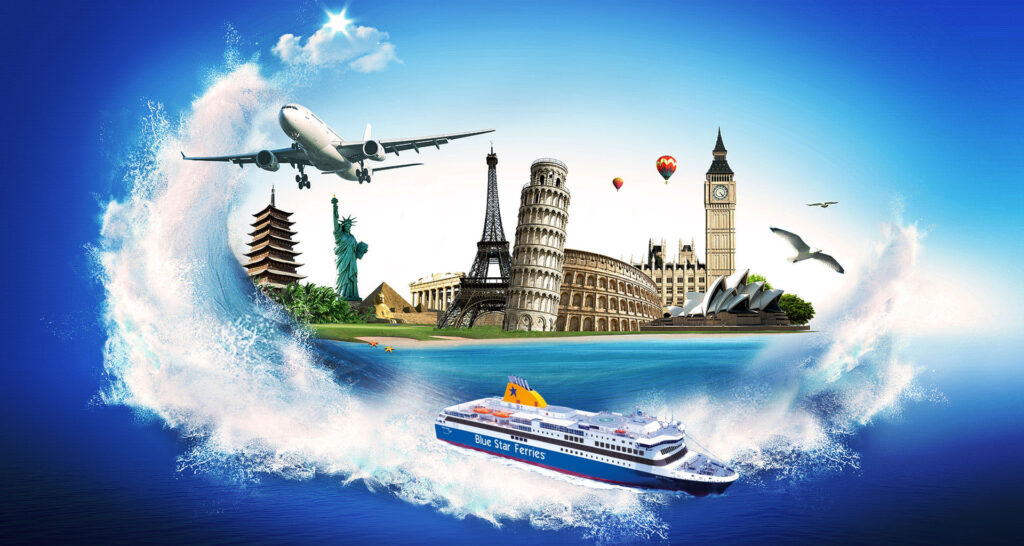
Travel is also profoundly beneficial for mental health. Numerous studies have shown that stepping away from routine can reduce stress, anxiety, and depression. The anticipation of a trip often provides a psychological boost even before the journey begins. Once underway, new experiences stimulate the brain and increase dopamine levels, contributing to a heightened sense of happiness.
Moreover, travel can enhance creativity. Exposing yourself to different environments, ideas, and problems encourages flexible thinking and innovation. It challenges you to navigate unfamiliar places, communicate across language barriers, and adapt to new cultural norms—all of which strengthen problem-solving skills and resilience.
Travel also provides an opportunity for self-reflection. Being away from familiar surroundings often allows individuals to step outside their comfort zones, re-evaluate personal goals, and gain clarity on life’s direction. Whether you’re hiking through the mountains, exploring a bustling metropolis, or lying on a beach, the physical distance from home can mirror an emotional distance from problems, offering a fresh perspective on life’s challenges.
The Challenges of Modern Travel
Despite its many benefits, travel is not without its challenges. One of the most pressing concerns in recent years has been its environmental impact. The carbon emissions from air travel contribute significantly to climate change. Over-tourism, especially in popular destinations, can strain local ecosystems, displace residents, and degrade cultural heritage.
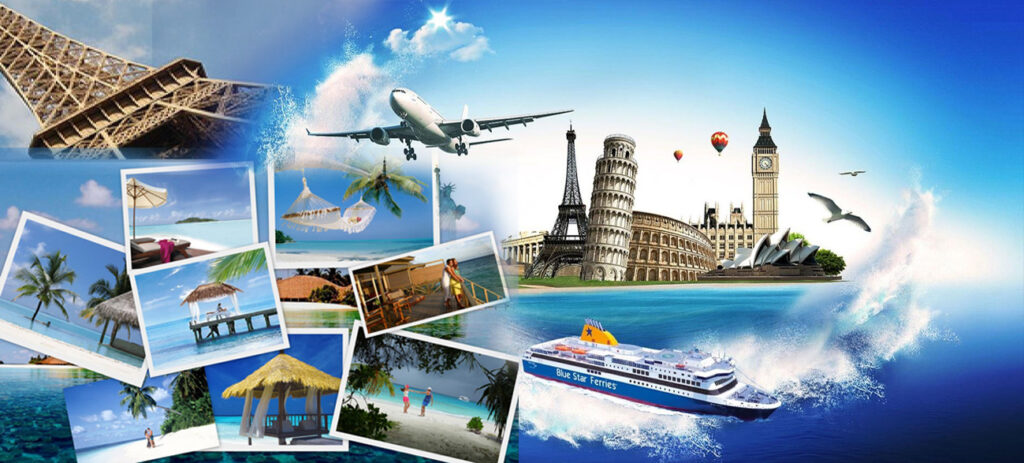
Moreover, economic inequality in travel is a persistent issue. For many, the opportunity to explore the world is a luxury out of reach. The tourism industry itself is sometimes criticized for exploiting local labor, underpaying workers, and funneling profits to large multinational corporations rather than local communities.
Cultural insensitivity is another issue. Tourists who fail to respect local customs or behave inappropriately can reinforce harmful stereotypes and create friction between locals and visitors. The rise of social media has, in some cases, turned travel into a performance, prioritizing picturesque Instagram shots over meaningful engagement with a place and its people.
Finally, the post-pandemic world has added new layers of complexity to travel. Health risks, visa restrictions, vaccination requirements, and fluctuating regulations can make planning and executing a trip more difficult and stressful than ever before.
Sustainable and Ethical Travel
Given these challenges, it’s crucial for modern travelers to embrace sustainable and ethical practices. This begins with being informed and respectful. Learning about a destination’s culture, history, and customs before arrival demonstrates respect and increases the likelihood of meaningful, positive interactions.
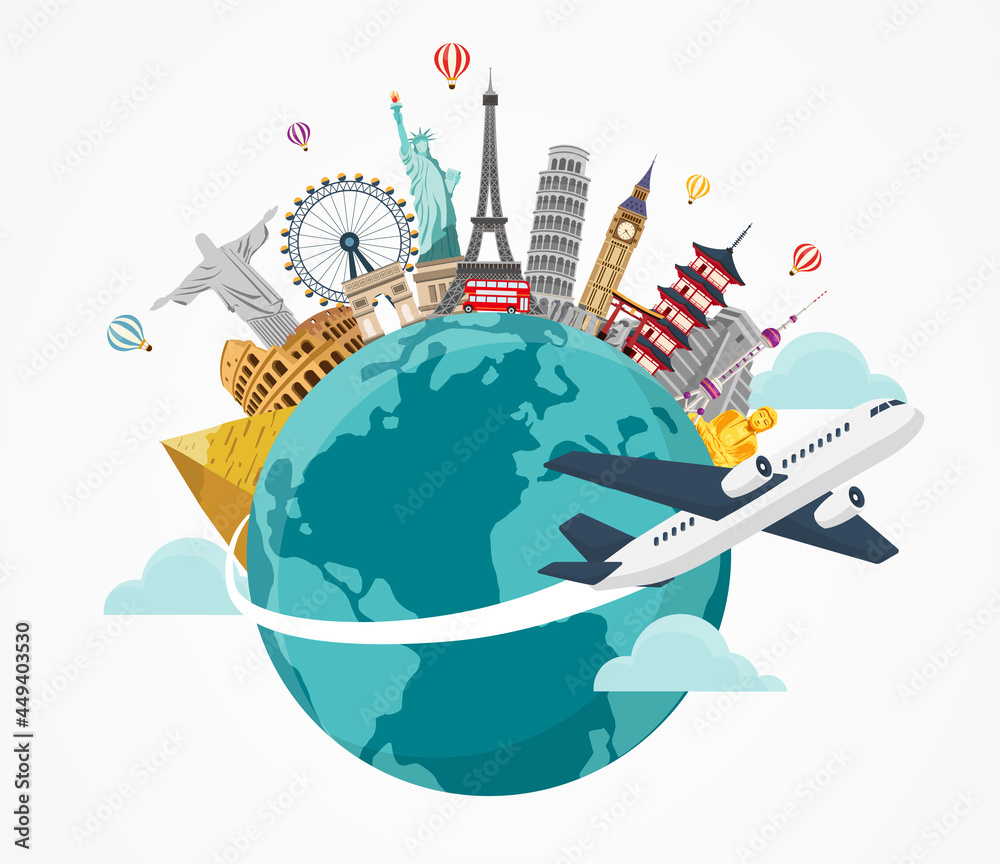
Supporting local businesses is another key aspect. Choosing locally-owned accommodations, eating at small restaurants, hiring local guides, and purchasing handmade souvenirs directly support the local economy. It also often leads to a more authentic and rewarding travel experience.
Travelers should also be mindful of their environmental footprint. Whenever possible, choose trains or buses over airplanes, especially for short distances. Pack reusable items such as water bottles and bags to reduce plastic waste. Participate in eco-tourism initiatives that prioritize conservation and community benefit.
Responsible travel is not about perfection—it’s about intention. Even small decisions can add up to a more ethical, sustainable journey.
Types of Travel: A Spectrum of Experiences
Travel takes many forms, each offering unique experiences and benefits. Adventure travel appeals to thrill-seekers and includes activities such as hiking, scuba diving, or zip-lining. Cultural travel focuses on experiencing the traditions, food, music, and art of different communities. Wellness travel is centered on rest and rejuvenation through spa treatments, yoga retreats, or nature immersion.
Solo travel can be empowering and introspective, encouraging independence and self-discovery. Family travel creates shared memories and strengthens bonds. Volunteer travel, or voluntourism, allows individuals to contribute to communities while learning about global challenges. Each of these modes of travel can be tailored to suit personal preferences and goals.
Travel Tips for a Meaningful Journey
If you’re considering your next journey, here are a few tips to make your travel more fulfilling:
- Research before you go – Understanding the history, language, and customs of your destination can deepen your experience and help you avoid unintentional faux pas.
- Pack light and smart – Traveling with less can be freeing. It reduces stress and makes it easier to move around. Essentials like a good pair of shoes, a universal adapter, and travel insurance go a long way.
- Stay open-minded – Embrace the unexpected. Delays, misunderstandings, and cultural differences are part of the experience. They often become the most memorable parts of your journey.
- Disconnect to reconnect – Limit screen time and be present. You’ll absorb more and connect more deeply with the places and people around you.
- Keep a travel journal – Recording your thoughts, experiences, and feelings during the trip helps you reflect and remember long after you’ve returned home.
- Give back – Look for ways to support the communities you visit, whether through responsible spending or volunteer work.
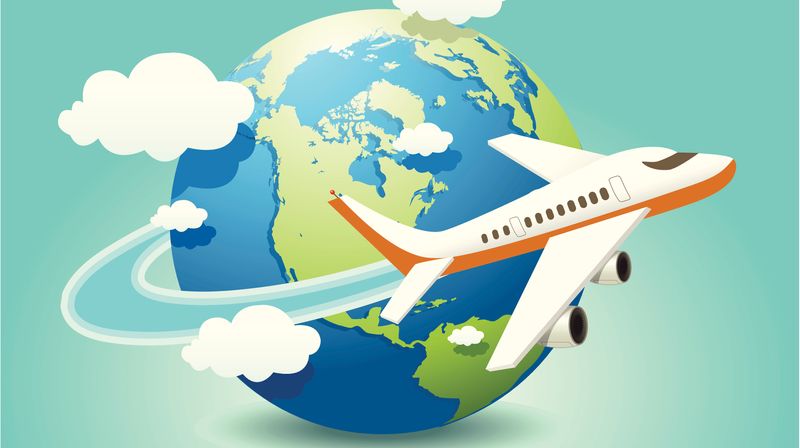
Conclusion: Why We Should Keep Traveling
Despite its challenges, travel remains a profound human experience. It opens our eyes to the beauty and complexity of the world, fosters empathy and understanding, and often leads to personal transformation. When done thoughtfully, it becomes a force for good—connecting people, protecting cultures, and inspiring a more compassionate and curious global community.
As the old saying goes, “Travel is the only thing you buy that makes you richer.” In a time when the world often feels divided, travel reminds us of our shared humanity and the limitless possibilities of exploration.
